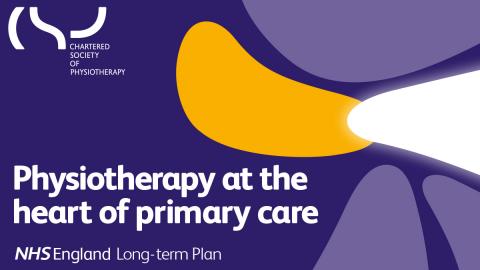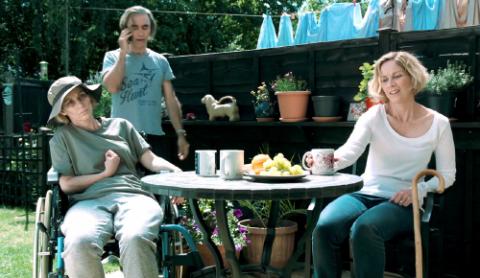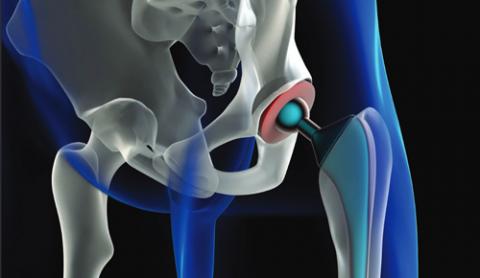In each of the four UK nations, the CSP is taking a leading role in alliances committed to improving the provision of accessible, high-quality and person-centred community rehabilitation and recovery services.

To secure the necessary changes and investment in community rehabilitation, we need to work with all those with a shared interest in making this happen.
This is why the CSP founded, co-chairs, convenes and supports alliances in the four nations, including the Community Rehabilitation Alliance (CRA) in England – an alliance of approximately 50 charities and professional bodies who are all committed to improving commissioning, planning and delivery of rehabilitation.
The Community Rehabilitation Alliance Northern Ireland, the Right to Rehab Coalition in Scotland and the Right to Rehab Campaign in Wales all share a similar make up and vision. The shared priorities of the four alliances are:
- to gain political commitment to delivering universal access to rehabilitation to meet needs
- to improve the quality of rehabilitation through new models, better data collection, planning, commissioning and delivery of services
Rehabilitation and recovery alliances working in the four countries
The importance of rehabilitation and recovery
The demand for high-quality rehabilitation and recovery services has never been greater.
With more people living longer, often with multiple long-term conditions, rehab and recovery services are vital in managing and maintaining health.
But we know there isn’t enough provision to meet demand, and the covid pandemic has only made the situation worse.
While there are excellent examples of rehabilitation services, they are not consistently available. Services are often not joined up between acute, residential and home settings, so people can easily be lost in the system.
Where people can access services, they often have to wait too long, making rehabilitation more difficult or less effective.
There is also poor awareness of the benefits of rehabilitation among the public, healthcare professionals and commissioners.
The impact of quality rehab and recovery
Rehabilitation and recovery enables people to regain life skills, return to work, maintain mobility and manage symptoms.
It can slow disease progression and optimise the effectiveness of treatments. It is also critical to prevention. It can reduce fragility fractures, the risk of falls and the development of long-term conditions.
All of which helps to prevent readmission to acute services, reduces social care needs and helps to prevent disability, with its impact on people’s mental and physical health.
Imperatives for improved rehab services
- Quality of life – as a society we have made significant medical advances in life-preserving treatments. We now need to place as much focus on quality of life.
- Economic – quality rehabilitation reduces demand on the most costly and intensive parts of health and social care systems, and supports people and their carers to participate economically in society. Quality rehabilitation requires investment and solutions that are creative, responsive and evidence-based to make the health and social care system more sustainable.
- Ethical – people have a right to rehabilitation so that they can participate in their local communities. The failure of current health and social care systems in the UK to meet rehabilitation needs drives the cycle of disability, poverty and health inequality. This cycle needs to be broken.
Time to act
The World Health Organization has identified rehabilitation as a priority for integrated healthcare systems. It must be recognised as a central tenet of healthcare alongside prevention, health promotion, medical treatment and palliative care.
The current focus of all UK governments is to integrate care across different parts of the system, and to shift focus into primary and community services. It is time to take this opportunity and make UK health and care systems more rehabilitative as a whole.
Covid-19 has shone a spotlight on rehabilitation. This has the potential to be a catalyst for lasting change.
Manifestos for community rehabilitation
The CRA recently updated its core asks ahead of the next UK general election. It has previously published a manifesto ahead of the 2021 party conferences in England. The asks, and the manifesto before them set out the Community Rehabilitation Alliance in England's key asks of government – to ensure that everybody can have access to high quality, personalised community rehabilitation, where and when they need it.







































